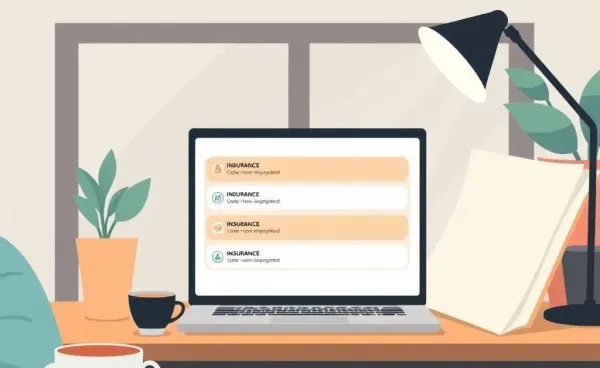Understanding Irrevocable Trusts: A Beneficiary's Guide to Estate Planning
Explore the essentials of irrevocable trusts with practical insights for beneficiaries. Simplified estate planning made easy.

Hey there! If you're like most people, the concept of an irrevocable trust might feel a bit overwhelming at first glance. Fear not—I'm here to walk you through it like we're having a friendly chat over coffee.
When you first hear 'irrevocable trust,' you might wonder what the fuss is all about. Essentially, it's a type of trust that can’t be altered, amended, or terminated without the permission of the beneficiary or the trustee. Once it's set up, it's pretty much set in stone, which can be both comforting and a little scary, depending on how you see it. Let's dive in and explore!

What Exactly Is an Irrevocable Trust?
An irrevocable trust is an agreement that places assets into a trust account, which then becomes a separate entity. By doing this, the assets are essentially removed from your estate, which can have significant benefits, especially concerning taxes and asset protection. The trust is managed by a trustee who's in charge of disbursing assets to the beneficiaries as outlined in the trust agreement.
Why Would Someone Choose an Irrevocable Trust?
You might wonder why anyone would want to lock their assets away in a manner that can't be changed easily. Here are a few reasons:
- Tax Benefits: Assets in an irrevocable trust are not considered part of your taxable estate, which can reduce estate taxes significantly.
- Asset Protection: Since the assets are owned by the trust and not by you, they are generally protected from creditors and legal claims.
- Long-term Planning: It allows you to ensure that your assets are distributed according to your wishes well beyond your lifetime.
It's a smart move for those who have a clear long-term vision for their wealth distribution.

The Role of a Beneficiary
If you've found yourself as a beneficiary of an irrevocable trust, congratulations! It means someone had a lot of trust in you (pun intended) to manage or enjoy those assets. Your responsibilities might include working closely with the trustee to understand the trust's terms and potential distributions.
Communicating with the Trustee
Maintaining good communication with the trustee is key. Open and transparent communication helps ensure that everything runs smoothly, and it also allows you to ask any questions you might have. Remember, the trustee is there to help manage the trust assets according to the trust's instructions, which is in everyone's best interest.
Questions to Consider
Here are a few questions you might want to explore:
- How are the trust assets scheduled for distribution?
- Are there any specific conditions that affect my distribution?
- What tax implications should I be prepared for?
Trusts can seem complex, but with a bit of patience and the right guidance, you'll be handling things like a pro in no time. Don't hesitate to reach out to a legal professional for advice if needed.

So, are you ready to dig deeper into estate planning? With knowledge and good planning, you can ensure a smooth journey ahead for you and your beneficiaries. What's the one thing you’re hoping to learn more about or accomplish in the realm of estate planning?




